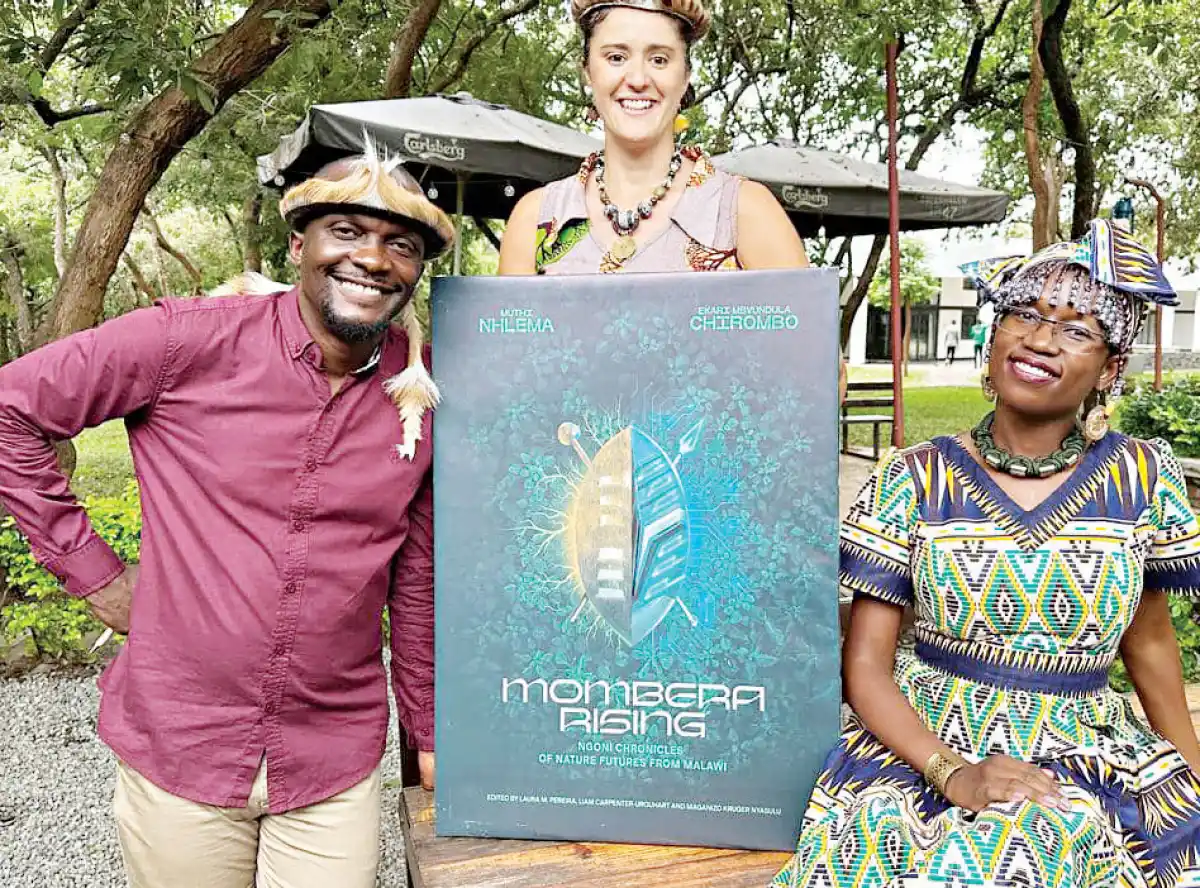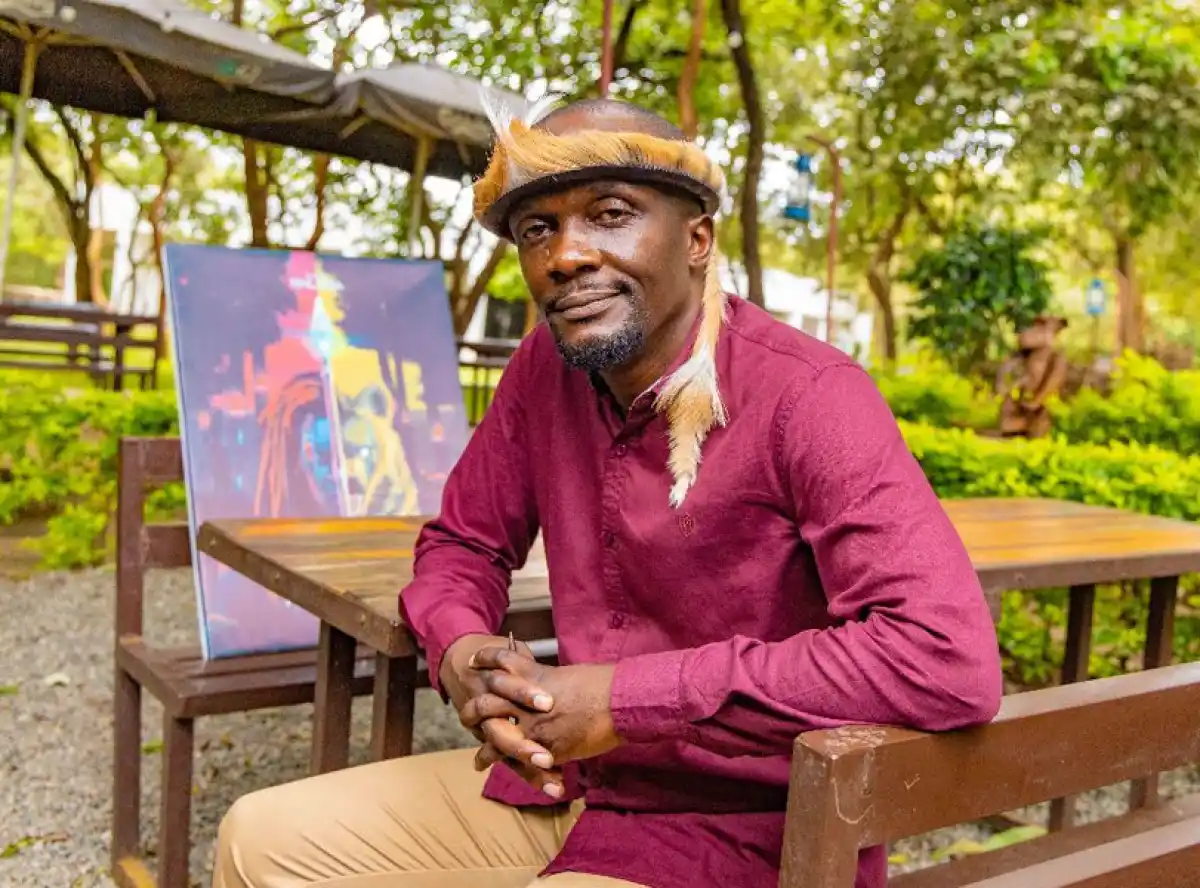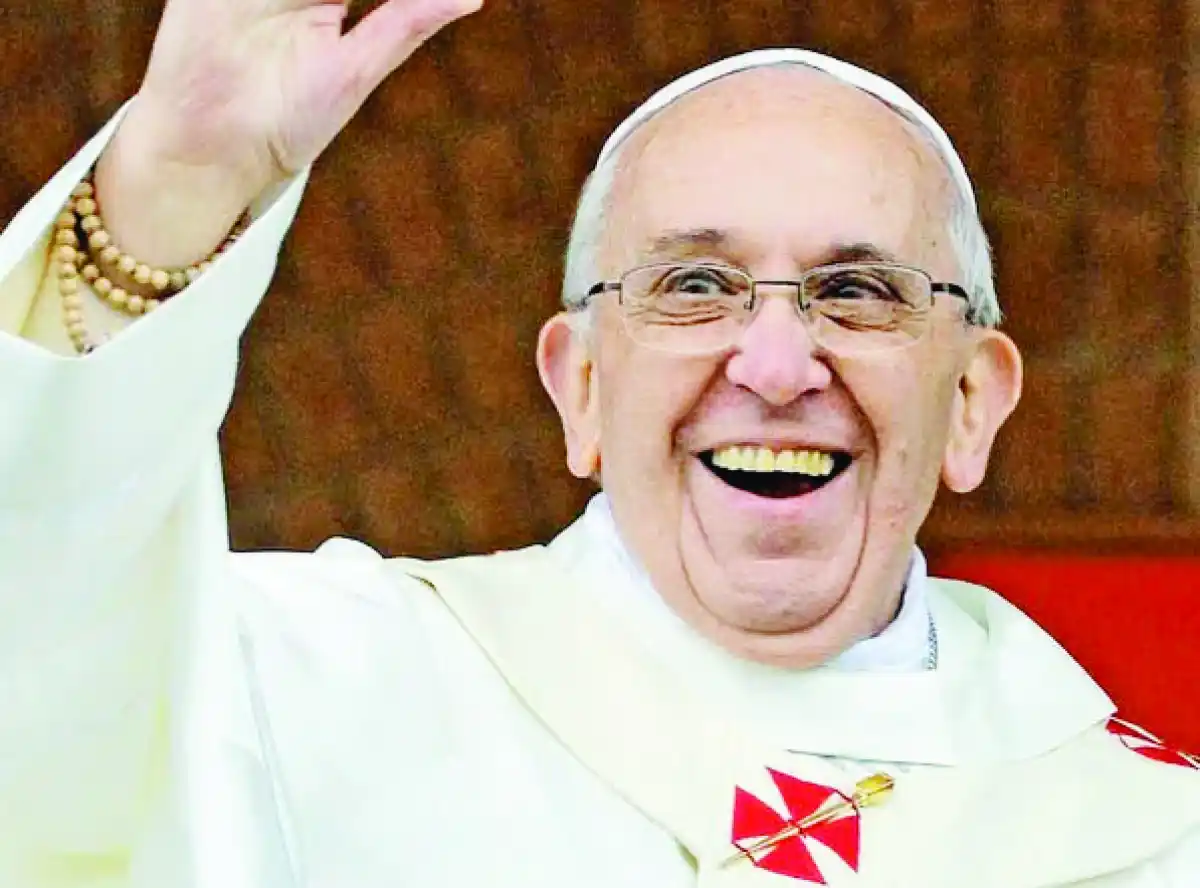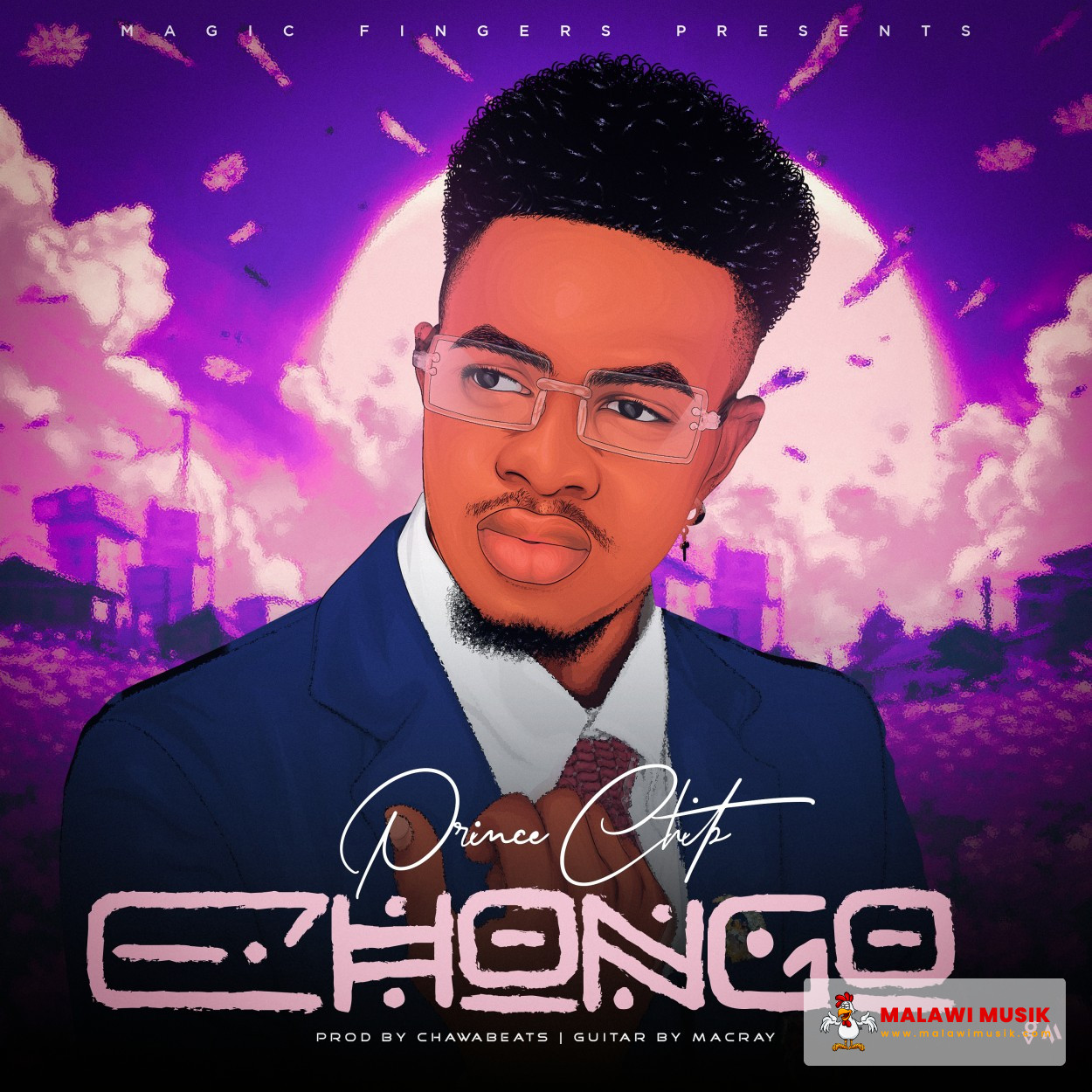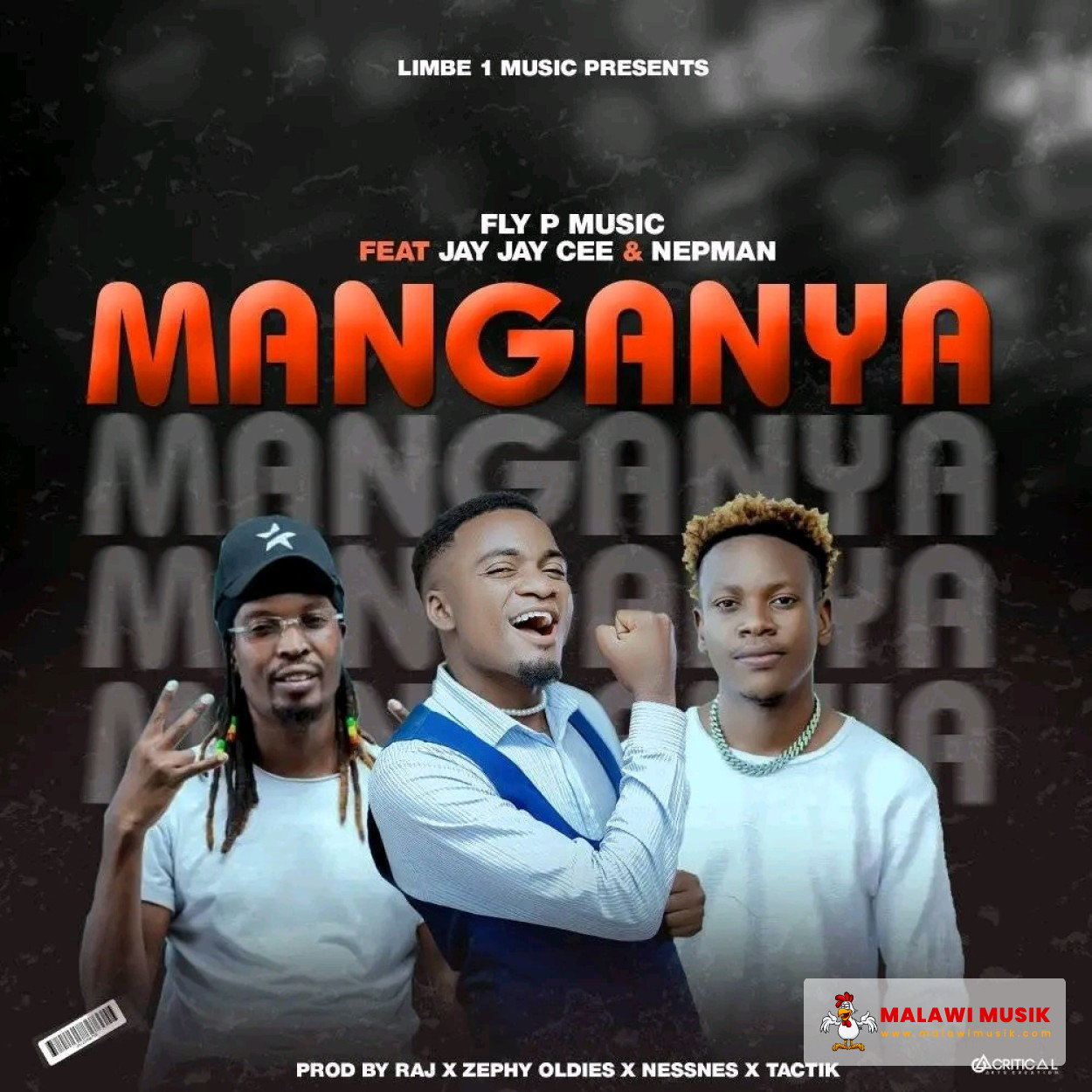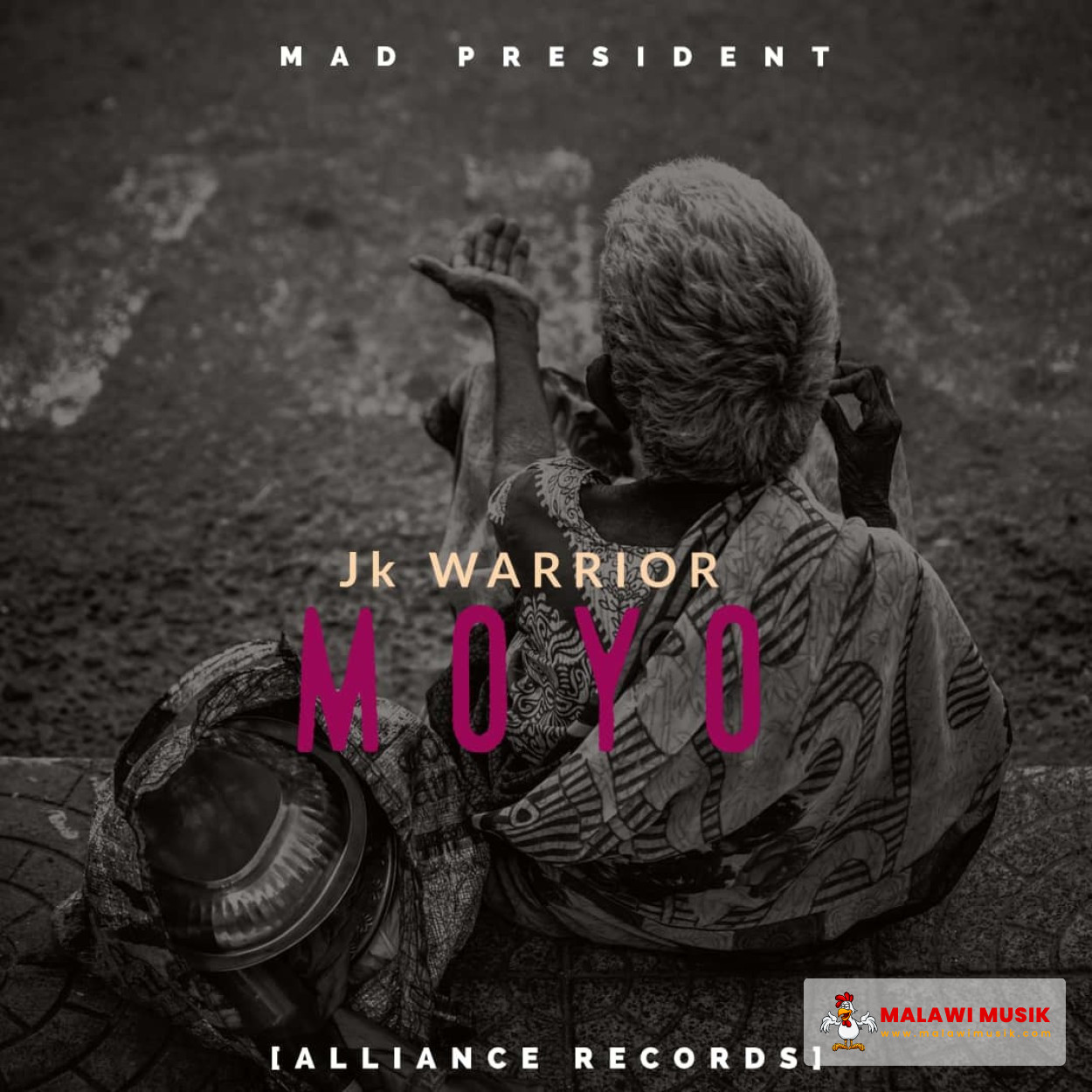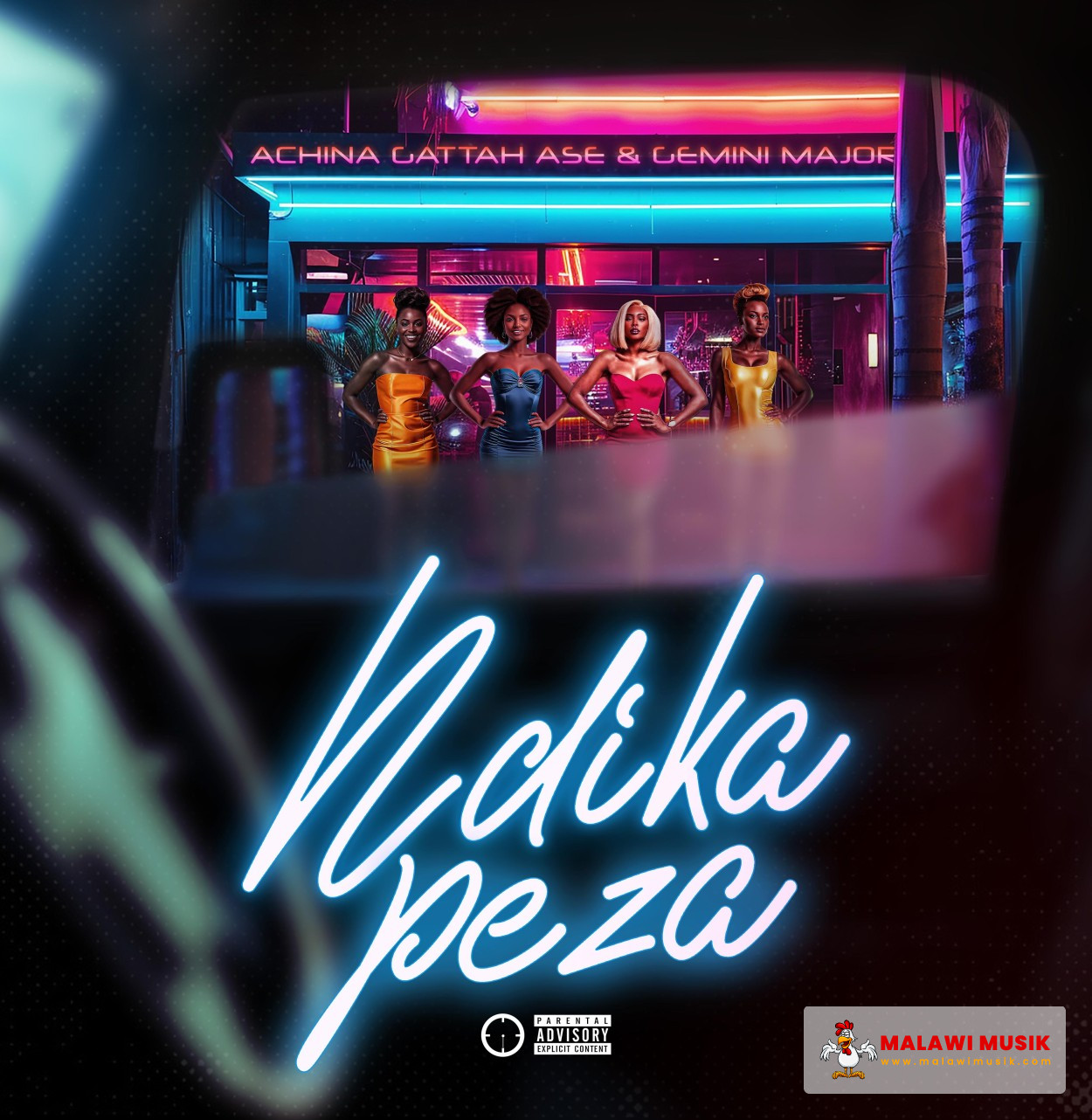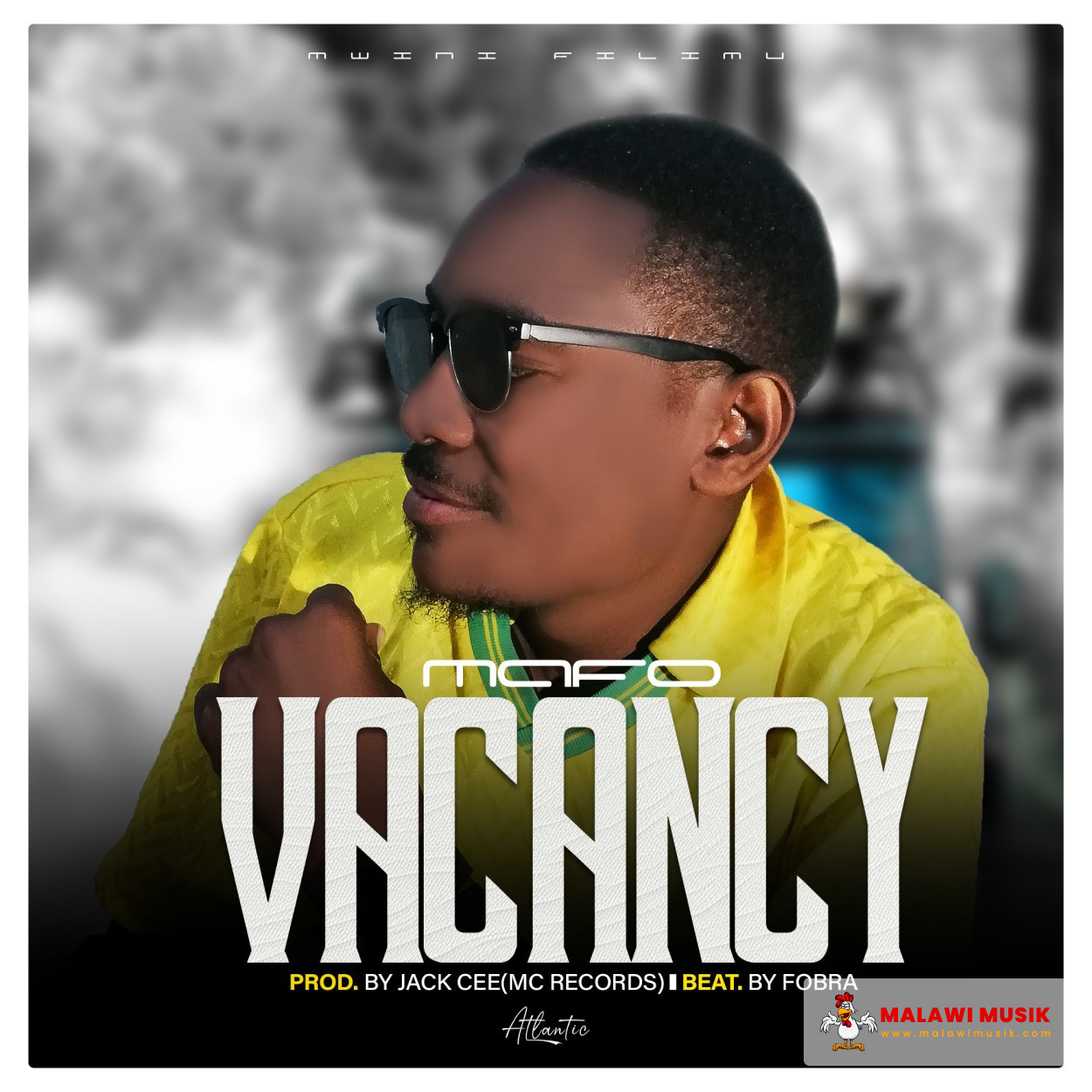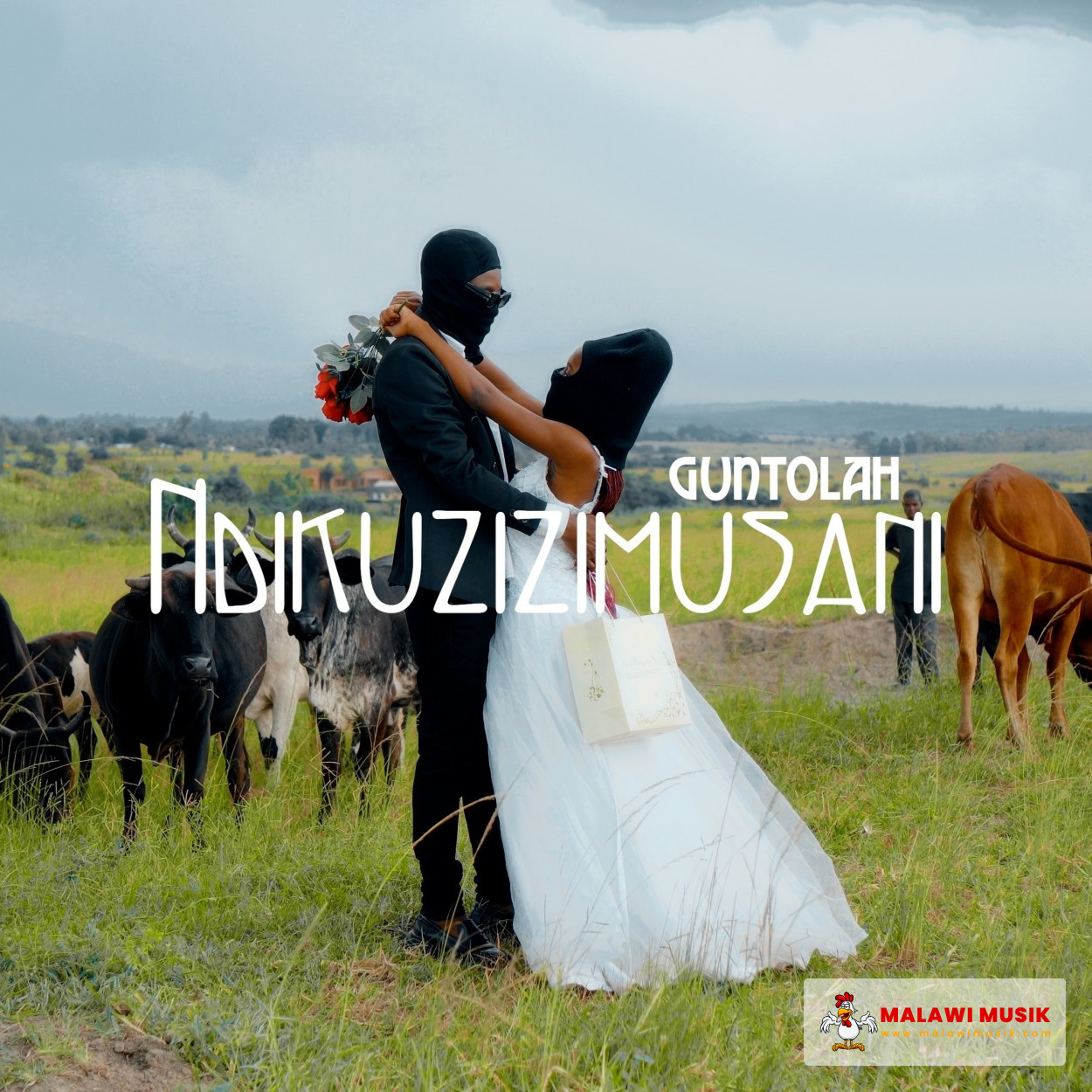
By Chikumbutso Ndaferankhande:
It was Johann Wolfgang von Goethe who said that the decline of literature indicates the decline of a nation.
Southern Africa pulsates with a vibrant literary tradition, one inextricably woven into the fabric of its social and political struggles. From the sun-drenched plains of Malawi to the windswept coasts of South Africa, a chorus of writers has emerged, not merely chronicling the region’s complexities but actively shaping its path towards a more open and just society. These are not passive observers; they are architects of change, artistically weaving words to challenge the status quo and ignite the flames of resistance.
This essay aims at celebrating these men and women of the pen in their efforts to use their talents to render credence in the fight against the social injustices of their times.

Malawi, a nation brimming with artistic fervor, offers a compelling case study to the above. Under the iron fist of 30-year one-party state, writers became the conscience of the nation. Jack Mapanje stands tall among them. His now-iconic Mikuyu Prison experience, And the Crocodiles Are Hungry at Night, is a potent collection of how he was incarcerated in the hellish—now closed —Mikuyu Prison for three years and seven months without trial just because of a dictatorial regime’s paranoia. Poems like ‘This is the Hour of the Toad’ and ‘The Song of a Chicken’ paint a chilling portrait of a nation choked by fear. Mapanje’s courage in the face of censorship became a rallying cry for a generation yearning to breathe free.
Mo Yan coined it well when he said: “When literature exists, perhaps we do not notice how important it is, but when it does not exist, our lives become coarsened and brutal. For this reason, I am proud of my profession, but also aware of its importance.” Across the border in South Africa, the struggle against apartheid found its most potent voice in a unique confluence of literature and activism. Steve Biko, a revolutionary thinker and anti-apartheid activist, penned his seminal work, I Write What I Like. This collection of essays transcended the boundaries of literature, becoming a philosophical manifesto for Black consciousness. Biko urged Black South Africans to reclaim their identities, dismantle the internalized oppression of apartheid, and build a sense of collective agency. His words resonated like a thunderclap, uniting a people and igniting a firestorm of resistance that would ultimately lead to dismantling the system he so vehemently condemned.
However, the power of Southern African literature extends far beyond mere critique. It celebrates resilience, the unyielding human spirit that refuses to be cowed by oppression. Writers like Tiyambe Zeleza, in novels like Smoldering Charcoal craft stories that illuminate the unwavering hope for a brighter future, even amidst the bleakest circumstances. These narratives served as embers of hope for those living under the yoke of authoritarian rule, a testament to the enduring human spirit that would ultimately rise above the ashes.
Yet, the struggle for a just society wasn’t confined to dismantling oppressive regimes. Zimbabwe, for instance, grappled with the legacy of colonialism and the challenges of nation-building in the aftermath of independence. Writers like Chenjerai Hove, in novels like Bones explored the complexities of postcolonial identity, the disillusionment with unfulfilled promises, and the enduring power of tradition. These narratives served as critical lens through which Zimbabweans could understand their past, present, and chart a course for the future.

Literature’s role in fostering dialogue and reconciliation proved equally crucial. South African novelist J.M. Coetzee, in works like Disgrace, delved into the complexities of race relations in a post-apartheid society, reminding readers that the journey towards true justice is a long and arduous one. Similarly, Bessie Head, in her poignant novel A Question of Power, explored the psychological scars of colonialism and the importance of human connection across racial divides.
By holding up a mirror to society’s imperfections, these writers paved the way for open discussions and the possibility of healing.
Furthermore, Southern African literature has become a vital tool for preserving cultural memory and traditions. Oral storytelling traditions have been meticulously documented and transcribed by writers like Mazisi Kunene in South Africa, ensuring the survival of these age-old narratives for future generations. These stories not only entertain but also transmit vital cultural knowledge and values, fostering a sense of shared heritage within communities.
However, the path for Southern African literature hasn’t been without its challenges. The rise of social media and digital forms of storytelling presents both opportunities and challenges. While offering wider reach and accessibility, these platforms can lead to a dilution of the literary form itself, to say nothing of artificial intelligence and the ambiguity it has brought.
Despite these challenges, Southern African literature continues to thrive. A new generation of writers is emerging, grappling with contemporary issues like climate change, economic inequality, and the growing influence of global capitalism. They are using their craft to not only entertain but also to spark critical conversations and inspire social change. From No Violet Bulawayo’s critique of political corruption in We need New Names, to Muthi Nhlema and Ekari Mvundula’s eco-fiction Mombera Rising, these writers demonstrate the enduring power of literature to hold a mirror to society and advocate for a more just and equitable world.
In conclusion, Southern African literature is not merely a collection of stories; it is a vibrant tapestry woven from resistance, resilience, and the unwavering pursuit of justice. It is a testament to the power of words to shape societies, foster dialogue, and inspire generations to dream of a better tomorrow.
From the searing critiques of apartheid to the poignant reflections on post-colonial identity, Southern African literature has not only chronicled the region’s history but actively shaped its trajectory towards a more open and just society. As the world grapples with its own complexities, the enduring themes explored by these writers – of freedom, equality, and the resilience of the human spirit – continue to resonate far beyond the borders of Southern Africa.
However, more still needs to be done. Without diluting thesis of the story, the author seeks permission to throw in a seeming caveat, though very pertinent. Nations like Malawi have not institutionalized artists’ rights and privileges. A National Arts and Heritage Council (Nahec) needs to be established as soon as possible, by an Act of Parliament to develop and promote the cultural and creative industries, which includes creative writers. Once established, Nahec will be the operational arm of the Cultural Policy responsible for programming and coordination of some key stakeholders, particularly non-state actors. With several arts associations operating without funding, it means with Nahec they will now receive subventions.
Creative infrastructure, like the country’s Arts mecca, the Blantyre Cultural Centre is in a dilapidated state and efforts to put it into usable state are at a worrisome snail’s pace. The executive and legislative arms of government need to act with speed on these concerns.
Apart from the Nahec, artists have been calling for a stimulus package for the creative industries and synchronizing together scattered departments that deal with the performing arts and culture; the museums, Antiquities department, the enforcement of copyright laws among others.

